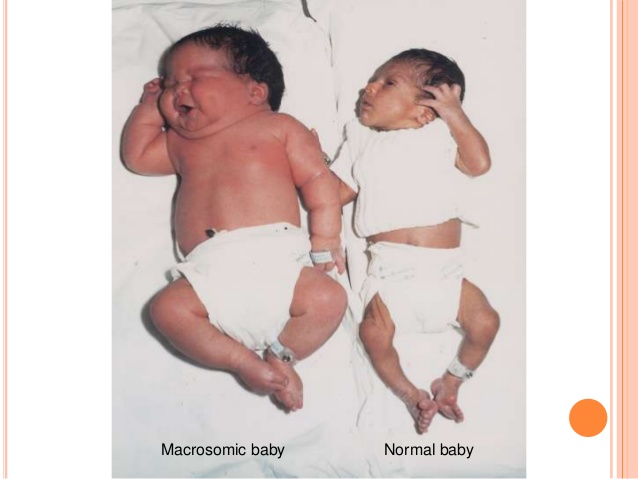Gestational Diabetes

What you need to know about Gestational diabetes
Key Concepts:
- What is Gestational Diabetes?
- Causes?
- Risks of Developing GDs
- What to do when diagnosed with GDs? Treatments?
- Eating, Diet, and Proper Nutrition?
Who can be affected or at risk?
- Women in the late stages of pregnancy
- Recently diagnosed diabetic women before pregnancy
- Being Overweight or Obese
- Family history of diabetes
What is Gestational Diabetes?
Gestational diabetes is a type of disease that develops only during pregnancy. Diabetes means your blood sugar is too high. Your body uses sugar for energy. Too much sugar in your blood is not a good for you or your baby.
Gestational diabetes is usually diagnosed during late pregnancy. If you are diagnosed with diabetes earlier in your pregnancy, you may have had diabetes before you became pregnant.
Treating gestational diabetes can help both you and your baby stay healthy. You can protect your baby and yourself by taking action right away to control your blood sugar levels.


What causes GDs
Gestational diabetes happen when your body can't make enough of the hormone called insulin during pregnancy. Insulin is a hormone made in your pancreas, an organ located behind your stomach. Insulin helps your body use sugar for energy and helps control your blood sugar levels.
Your body makes more hormones and goes through other changes, such as weight gain during pregnancy. These changes cause your body's cells to use insulin less effectively, a condition called insulin resistance. Insulin resistance increases your body's need for insulin. If your pancreas can't make enough insulin, you will have gestational diabetes.
How is gestational diabetes diagnosed?
You will probably be tested for gestational diabetes between weeks 24 and 28 of your pregnancy.
Doctors use blood tests to diagnose gestational diabetes. All diabetes blood tests involve drawing blood at a doctor's office or a commercial facility. Blood samples are sent to a lab for analysis.
If you have a higher chance of getting gestational diabetes, your doctor may test for diabetes during the first visit after you become pregnant. If your blood glucose level is above normal at that time, you may be diagnosed with diabetes rather than gestational diabetes.


“I remember I was so crabby in my 3rd trimester – I got gestational diabetes because I’d been acting like I was in a one-woman pie-eating contest.” – Caroline Rhea

How will gestational diabetes affect my baby?
If you have high blood sugar levels because your gestational diabetes is not under control, your baby will also have high blood sugar. Your baby's pancreas will have to make extra insulin to control the high blood sugar. The extra sugar in your baby's blood is stored as fat.
Untreated or uncontrolled gestational diabetes can cause problems for your baby, such as being born with a larger than normal body, having low blood glucose, having breathing problems, having a higher chance of dying before or soon after birth, and more likely to become overweight and develop type 2 diabetes as he or she grows up.
How will gestational diabetes affect me?
Gestational diabetes may increase your chances of having high blood pressure and too much protein in the urine, surgery to have the baby deliver due to it becoming too large, becoming depressed, and developing type 2 diabetes and the problems that can come with this disease.

Final thought on gestational diabetes...
What you need to do?
If you have gestational diabetes, a health care team will likely be part of your care. In addition to your obstetrician-gynecologist, or OB/GYN—the doctor who will deliver your baby—your team might include a doctor who treats diabetes, a diabetes educator, and a dietitian to help you plan meals.